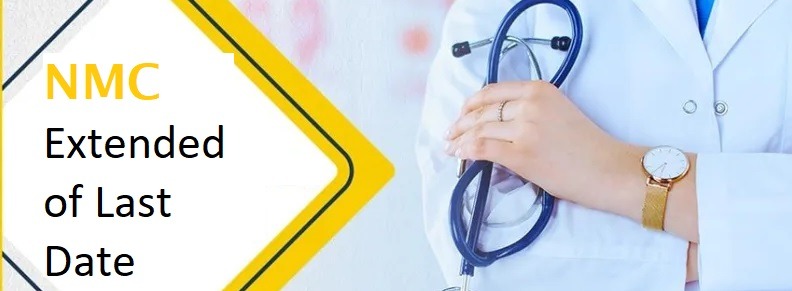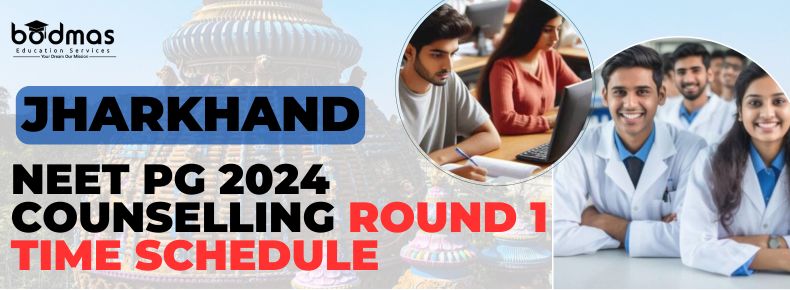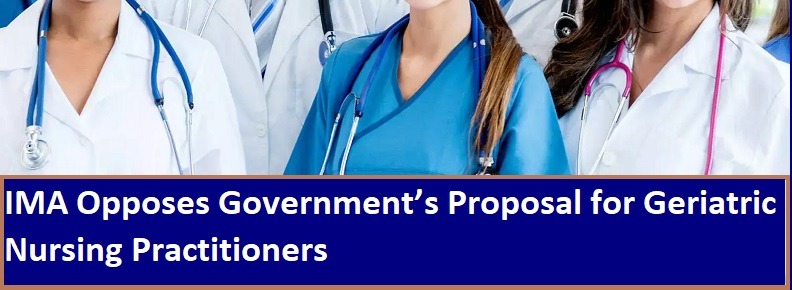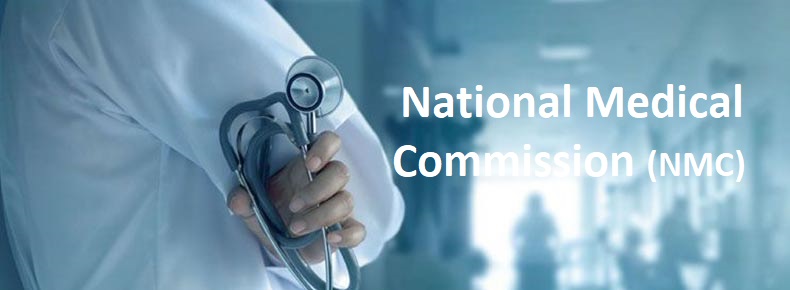Rajasthan High Court Approves 100 MBBS Seat Increase at JIET Medical College Despite Objections
Rajasthan High Court Approves 100 MBBS Seat Increase at JIET Medical College Despite Objections
Jodhpur: The Rajasthan High Court recently upheld an interim order granting an increase in the MBBS seat intake at JIET Medical College, even as it expressed concerns about the decision. The Court’s Division Bench, while refusing to interfere with the Single Judge’s order, acknowledged that the interim relief allowing an additional 50 seats was given despite reservations about its legality.
In its ruling, the bench highlighted that while the interim order should not have been issued, it refrained from overturning it because the admissions process had already concluded and the last date for enrollment had passed by the time the appeal was heard. Consequently, the bench directed that the matter be decided promptly by the Single Judge.
The Court’s Ruling:
“Given the situation, while we believe that the interim order should not have been issued, we do not feel it is appropriate to overturn it at this point.” We request the learned Single Judge to expedite the hearing and resolve the case within a month after the completion of pleadings,” said the bench, which included Chief Justice Manindra Mohan Shrivastava and Justice Munnuri Laxman.
Background of the Dispute
The issue at hand involved JIET Medical College, which had applied to the National Medical Commission (NMC) for approval to increase its intake from 50 to 150 MBBS seats. Initially, the college submitted an application in early April 2024, but a show-cause notice issued by the NMC pointed out deficiencies related to faculty and senior residents (SR). Despite submitting a compliance report, the college faced challenges in meeting the NMC’s requirements, and a subsequent inspection revealed further shortcomings.
In July 2024, the Medical Assessment and Rating Board (MARB) rejected the proposal for 150 seats, leading the college to file a first appeal, which was dismissed. A second appeal was filed, and in late September 2024, the appeal was partially successful, with the college being granted approval for only 50 seats.
Frustrated by this decision, JIET Medical College approached the Rajasthan High Court, seeking a judicial intervention to allow an increase of 100 MBBS seats. The Single Judge bench issued an interim order, permitting the increase, and the additional 50 seats were added to the seat matrix for the stray vacancy round of counseling, with students allowed to enroll against these seats.
Government’s Objection and Court’s Considerations
The State government, however, challenged the interim order, arguing that increasing medical college intake by such an order was not in line with the Supreme Court’s stance. The Additional Solicitor General emphasized that allowing such increases by interim order has been widely criticized by the Supreme Court in previous rulings. The government contended that granting interim relief could lead to the enrollment of a large number of students, and if the final decision went against the college, these students could face uncertainty regarding their admission and future careers.
In response, the college’s counsel argued that, while the general practice is to avoid granting interim orders in cases of seat increases, this was a special case, with a strong prima facie argument that justified such relief. The college contended that the deficiencies identified by the NMC were minimal and within acceptable limits, making it reasonable to grant the additional seats.
Court’s Analysis of the Interim Order
In reviewing the matter, the Division Bench observed that the Single Judge’s decision to allow the increase was based on the college’s strong prima facie case. However, the bench reiterated that granting interim relief to increase seat capacity in educational institutions, particularly medical colleges, has been frowned upon by the Supreme Court. The bench cited numerous precedents where similar interim orders had been set aside, particularly in the context of medical college admissions.
While acknowledging the college’s arguments, the Court noted that judicial precedence clearly disapproves of increasing intake capacity by interim order without a final decision on the merits of the case. The bench emphasized that in all cases where interim orders for increasing medical college seats had been passed, they were eventually overturned, though the courts often directed an expedited hearing of the case.
In this case, the Court ruled that, although the interim order should not have been granted, it would not be overturned at this stage because students had already been admitted under the provisional increase. The Court took into account the fact that these students had paid fees, enrolled, and had already begun their studies.




























